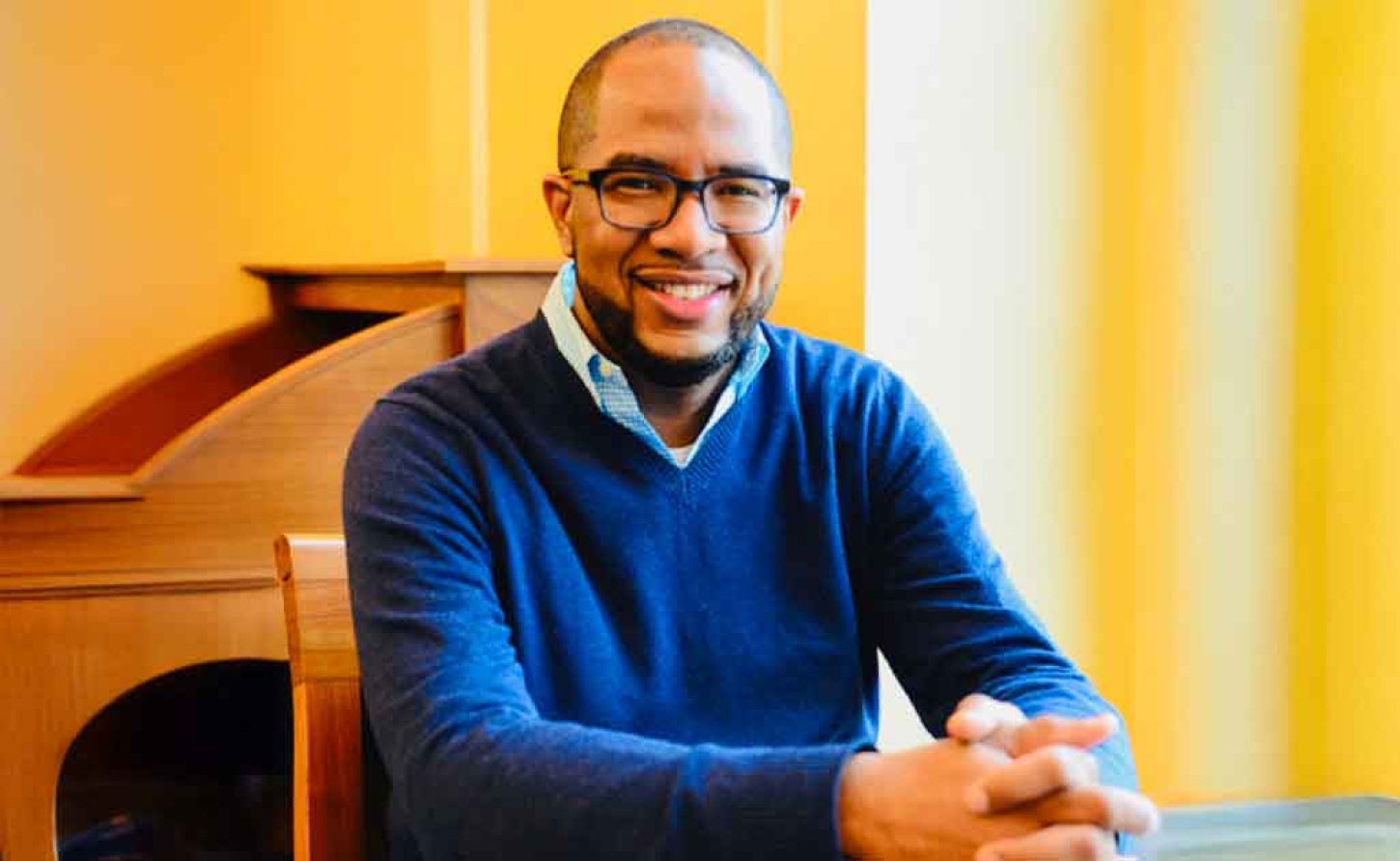JAMAICA | Will Kingston Pirates Week Reveal the Truth About the Pirates of Jamaica

KINGSTON, Jamaica, August 134, 2025 - The recent announcement that October 30 to November 2 will be designated “Kingston Pirates Week” highlights why the teaching of Caribbean history should be mandatory at all levels of our education system.
This call is geared towards correcting an education system that continues to produce leaders who are unaware of the rich heritage that places them at the center of their history. The celebration of piracy as a cultural spectacle is not merely misguided; it is historical erasure masquerading as cultural tourism.
The plans outlined by the organizers exemplify the commodification of colonial violence. Dressing in costumes and visiting the Giddy House and Fort Charles without some historical context and critical reflection reduces centuries of trauma to mere entertainment.
Port Royal’s legacy as the “richest and wickedest city on earth” is invoked with pride by the organizers. I believe it’s important to remind them that beneath this romanticization of piracy lies a history that was shaped by maritime terrorism, imperialism, thievery, murder, and enslavement of Africans.
The celebration, as currently conceived, presents a narrative of entertainment and adventure that overlooks the moral and historical complexities on which Port Royal was built.
This selective memory transforms the legacy of piracy from one of imperial collusion and violence to one that is palatable for visitors to the island. Henry Morgan and his crew, for example, were not harmless men.
They were agents of the empire who collaborated with colonial officials to destabilize rival colonies and kill anyone who opposed them. Their actions reflected the broader project of colonization, which depended on slavery and violence to generate wealth.
Britain’s interests and goals were Morgan’s interests and goals. His plunder of Portobello in 1668 and Panama in 1672 benefited England’s imperial ambitions.
Despite his marauding and murderous past, Morgan was appointed Lieutenant Governor of Jamaica in 1674 (where he maintained a household containing 14 enslaved people), a clear signal of his acceptance by English society.
Morgan died on August 25, 1688, and was given what amounted to an official funeral soon after. As one observer noted, Morgan’s body “was brought over from Passage Fort to the King’s House at Port Royal and from there to the Palisadoes to be buried.”
Morgan owned three estates in the parishes of St. George and St. Mary, with a total of 131 enslaved people, comprising 64 males and 67 females. Thirty-three were listed as boys, girls, or children. The total value of his estate at probate was £5,263 or £21.7 million in today's equivalent.
Francis Drake, like Morgan, was a state-sponsored privateer who brought immense riches and glory to England. However, one should not look past Drake’s role in starting England’s trafficking of enslaved Africans.
Research has shown that between 1562 and 1567, John Hawkins and his cousin Francis Drake made several voyages to Guinea and Sierra Leone, where they captured and enslaved approximately 1,200 and 1,400 Africans. Elizabeth I and members of her court invested heavily in these raiding missions, which had devastating effects on African societies.
Imagine for a moment the trauma and psychological scars that enslaved men, women, and especially children carried with them to the Americas because of the abuse and violence. Drake and Morgan received knighthoods, the seal of royal approval and recognition for their exploits.
With the strong emphasis on entertainment, Kingston Pirates Week will do nothing but endorse a version of history that whitewashes the British Empire, the trafficking in enslaved Africans, and violence.
The framing of the event as “high-yield visitor experience” reflects a market-driven focus that prioritizes profit over historical accountability. Jamaica’s heritage is being positioned and marketed as a consumable experience designed to satisfy visitors without requiring critical reflection.
Notably absent from the festival’s plans are the voices of historians, educators, and the Port Royal community. The omission is not incidental; it reflects power within our society, the politics of memory, who decides what we should remember, as well as a long-standing preference within a certain sector of society for sanitized narratives of the past.
A quick look at how tours of “great houses” across the island are delivered confirms this point. On these tours, enslavers, many of whom committed unspeakable acts of violence against enslaved people, are exhaustively referred to as “good slave masters.” Yes, this is an oxymoron, but I am left to wonder to what extent the creators of these narratives understand this.
For Kingston Pirates Week to be truly transformative, it must confront these truths directly. The organizers should rename the event and invite historians, educators, and the community to provide historical context and shape programming that dismantles myths, disrupts the celebration of empire and colonialism, and centers on historical accountability.
We can entertain the past or reckon with it. How we move forward will determine how we choose to remember and how we evolve as a society.
-30-
